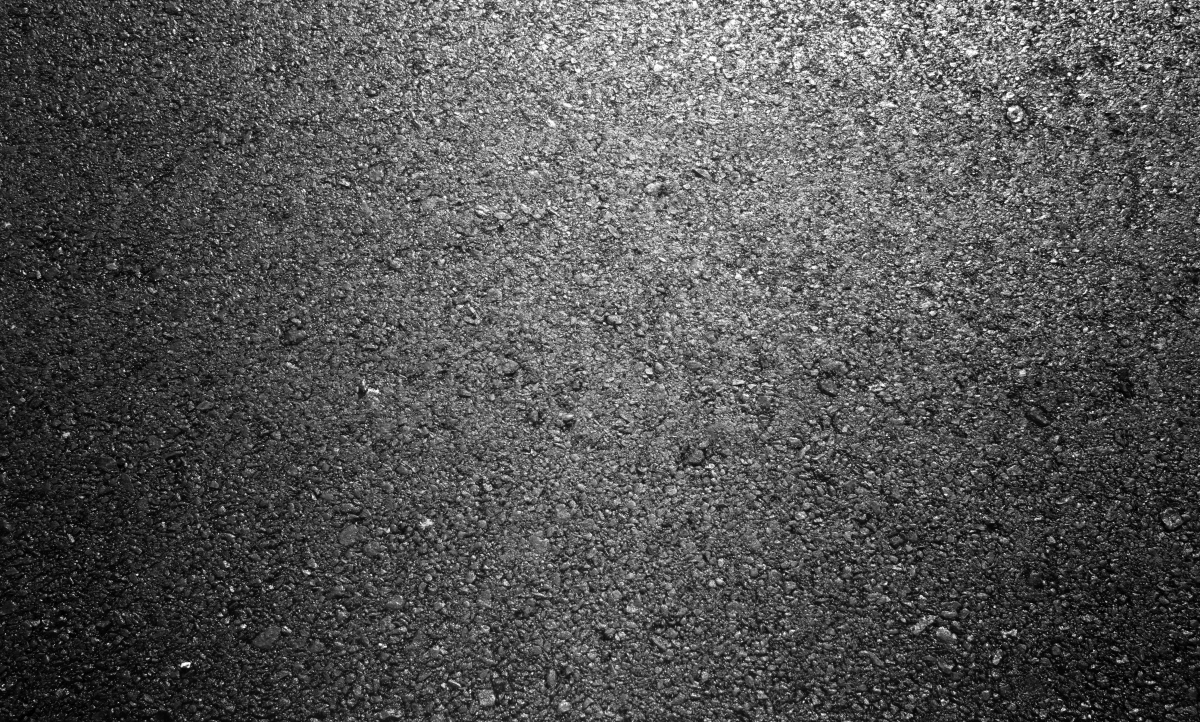Acoustic durability of noise-reducing dense or semi-dense asphalt pavements
The ADURA (Acoustic durability of noise-reducing of asphalt pavements – lead AIT) project is an ongoing two-year project with Austrian and German partners funded in the D-A-CH call by the transport ministries of Austria, Germany and Switzerland. The project is investigating the acoustic durability of dense and semi-dense asphalt pavement. Low-noise road surfaces are important means for traffic noise abatement.
Due to the non-acoustic requirements for the surface layer like skid resistance, durability, construction and maintenance costs predominantly dense and semi-dense noise-reducing asphalt road surfaces are built in the major road networks in the D-A-CH countries instead of open porous asphalt like in the Netherlands. While these road surfaces feature a good tyre/road noise reducing performance at the beginning of their life-cycle, these positive aspects degrade with increasing age of the road surface. Causes for this decrease of the acoustic properties are mainly conjectured to be due to alterations of the road surface texture from heavy traffic loads.
The project ADURA aims at finding and analysing the modes of action which lead to the acoustic degradation of the dense and semi-dense asphaltic road surfaces on a scientific basis. Therefore, extensive coupled tyre/road noise and road surface texture measurements have been performed and the acoustically relevant alterations are being identified. Based on this data, the acoustic ageing processes can be modelled. With this it can be determined, which road surface parameters are responsible for noise-reducing properties and therefore need to be preserved over the lifetime. Via systematically manufactured asphaltic specimens means to produce acoustically stable road surface types are being examined. These test specimens are artificially aged under laboratory conditions and their surface properties are analysed. By this, and based on the developed models, the effectiveness of the proposed measures will be examined. Finally, the road surface designs with the best expected performance will be evaluated with regard to their economic feasibility.
Funded by the Federal Ministry for Climate Protection, Environment, Energy, Mobility, Innovation and Technology (BMK) and the Austrian Research Promotion Agency (FFG) as part of the D-A-CH Call 2017 (Transport Infrastructure Research).



